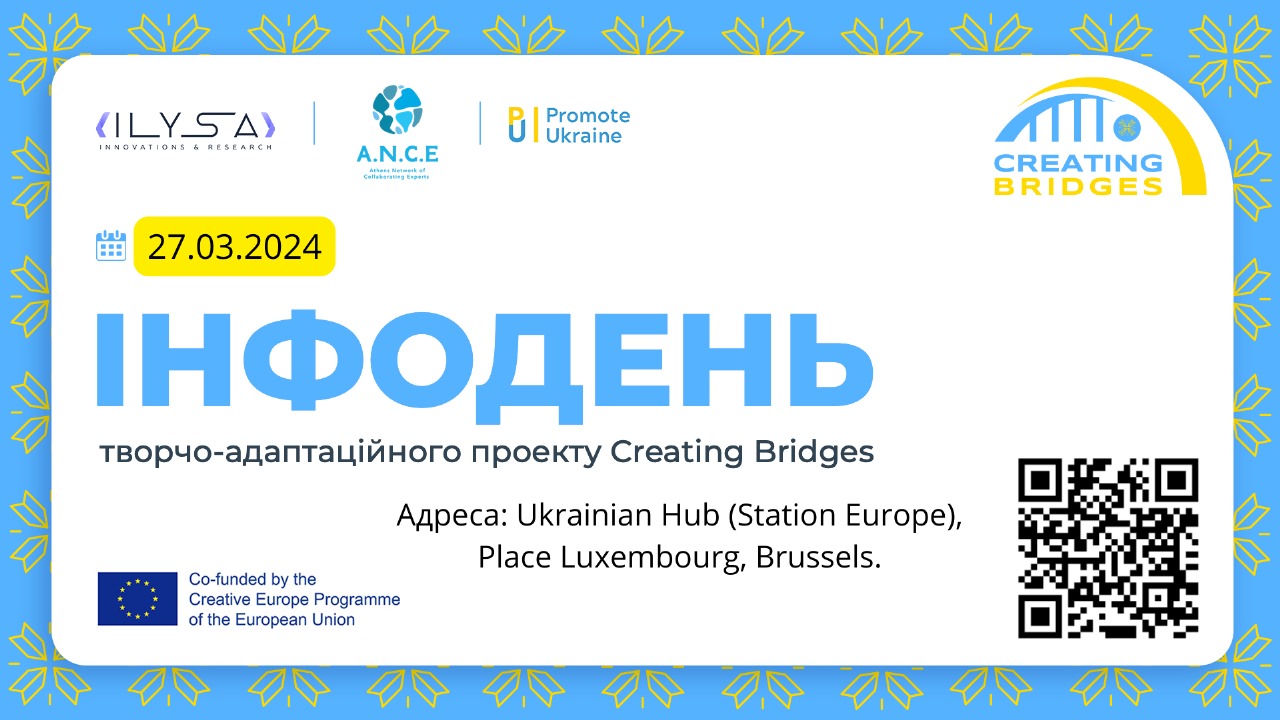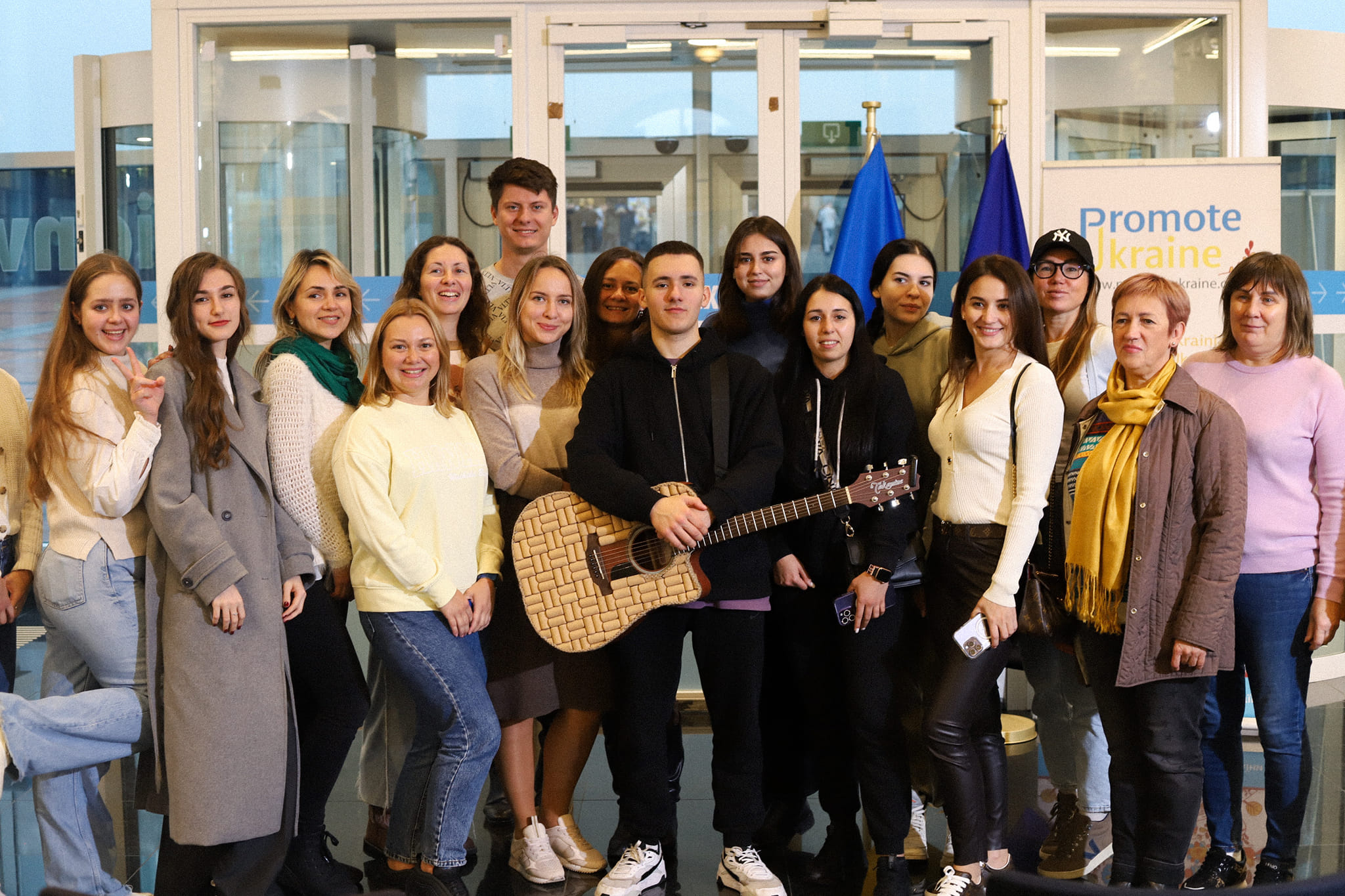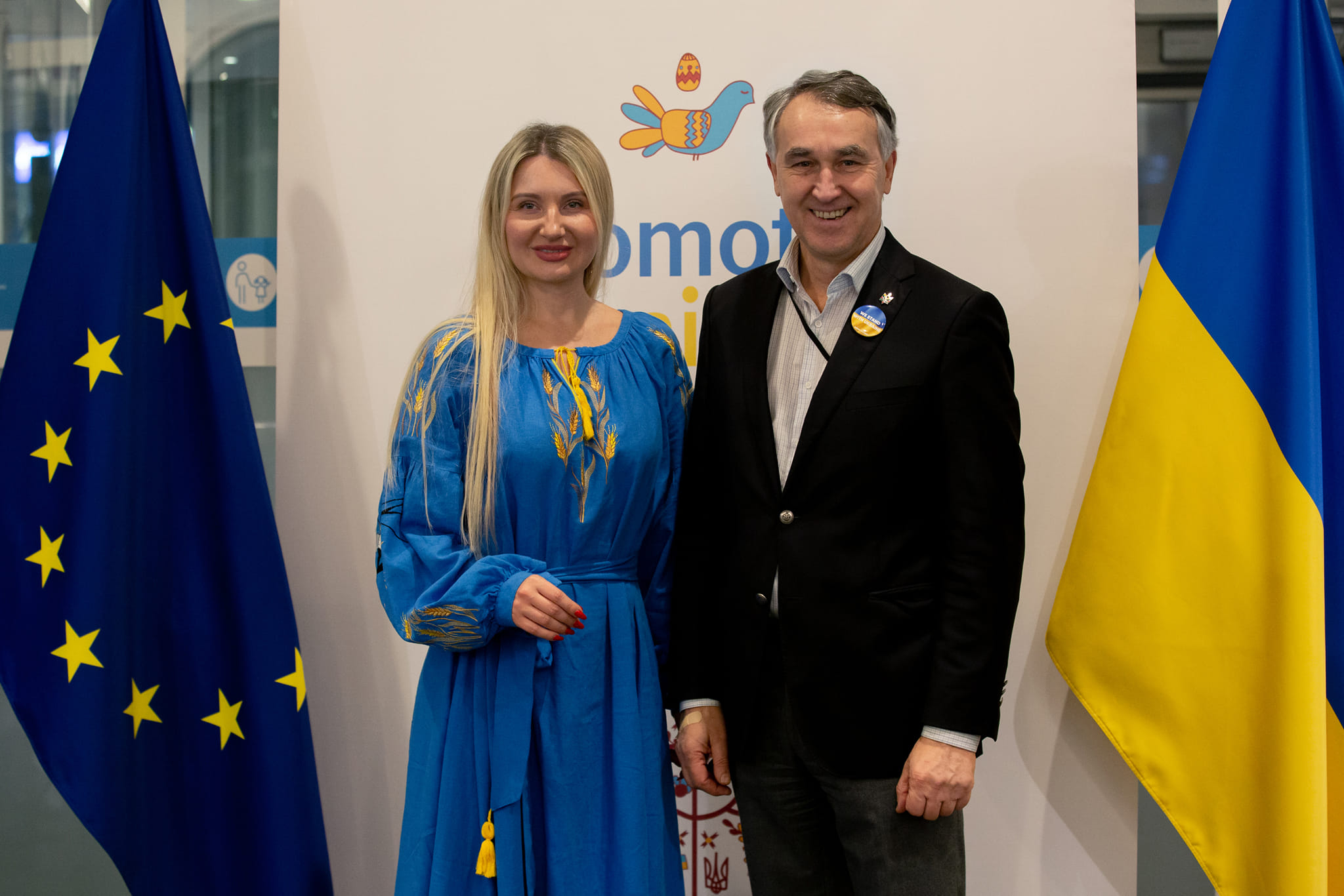As per 2018 statistics, Ukrainians received the highest number of European Union (EU) resident permits
For ordinary Ukrainians, the visa-free regime evoked dual feelings. On one hand, the happiness of being able to travel within Europe without having to go through difficult (and sometimes humiliating) bureaucratic procedures. On the other hand, due to the crisis and financial troubles, many Ukrainians simply don’t have enough money to discover the Old World.
“The visa-free regime hasn’t helped me at all. Before, I had the money to get a visa and visit Paris for the weekend. Now, even without the need to pay for a visa, I do not have that money as all my earnings have decreased due to inflation,” says entrepreneur Denys Nikiforenko.
However, the dynamics of the increased flow of tourists to EU countries are more than obvious. During 2016, the first year of the visa-free regime, 560,000 Ukrainians visited the Old World, according to the State Border Service. And in 2017, 2.35 million Ukrainians travelled to the EU. Overall, as of June 2019, Ukrainians have made 42.6 million trips to the countries of the European Union since the beginning of the visa-free regime, Ukrainian border guards have confirmed. This number also includes residents of the Crimea. After all, Crimeans with Russian passports cannot obtain visas for European countries because of the sanctions regime imposed by the EU. This is one of the key planks of the EU’s strategy: to make Ukraine and its citizenship more attractive to Crimeans than Russian citizenship.“I have lived in the Crimea all my life, and my daughter moved to Amsterdam 10 years ago. Therefore, I have two passports – Russian and Ukrainian. I visit my daughter with a Ukrainian passport, and I use my Russian passport at home, it is impossible otherwise,” says pensioner Sergiy Kornieiev.
A similar situation faces residents of the occupied territories, the so-called Donetsk People’s Republic (DNR) and Luhansk People’s Republic (LNR), who can get Russian passports under the simplified procedure endorsed by Russian President Vladimir Putin. But such “newly made” Russians are not allowed to enter Europe. Consulates of European countries have clear instructions not to grant visas to Ukrainian defectors. Residents of Donetsk and Luhansk oblasts can get a “pass” to the democratic world only through consulates and embassies in Ukraine. This rule generally operates, although cases of its violation are reported by public activists from time to time.
However, the visa-free regime is not limited to tourists. According to data from the State Statistics Service of Ukraine, cited in a study by the Centre for Economic Strategy, labour migration increased by 10 percent in 2017, following the introduction of the visa-free regime, as compared to 2012. Thus, last year, Ukraine topped the list of countries whose citizens have obtained EU residency. In 2018, up to 527,000 Ukrainians obtained residency, predominantly (78 percent) in Poland on the basis of employment, as the European Bureau of Statistics (Eurostat) reports.
The number of Ukrainian illegal migrants in Europe has increased, but not critically. However, variations on the topic of the “lost visa-free regime” are periodically heard on Ukrainian talk shows from opposition politicians and experts although there were no references to Ukraine as a candidate for visa-free travel cancellation in the EU. The reasons for such cancellation, if there was any reference to it, could boil down to the word “insufficient”: the fight against organised crime, the fight against illegal migration, the destruction of anti-corruption infrastructure.
Nevertheless, the Ukrainian authorities are not going to give Europe a reason for cancellation Ukraine’s visa-free status, but instead, have big plans for the future. They now actively promote the idea of an industrial visa-free regime – an Agreement on Conformity Assessment and Acceptance of Industrial Products – which will allow Ukrainian exporters to supply products to the EU without additional certification. The Ukrainian government hopes the EU mission may arrive in Kyiv as early as the first half of 2020 to assess Ukraine’s readiness to sign and execute this agreement. They plan to deepen integration in other areas as well. Therefore, the visa-free regime will be even more useful for Ukrainians.
Viktoria Rozendaal






 UA
UA FR
FR DE
DE




